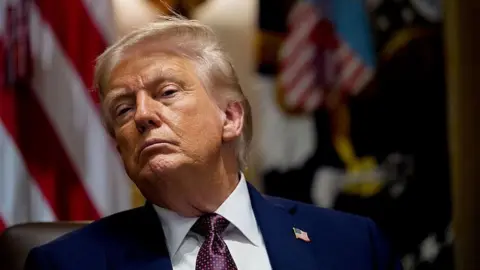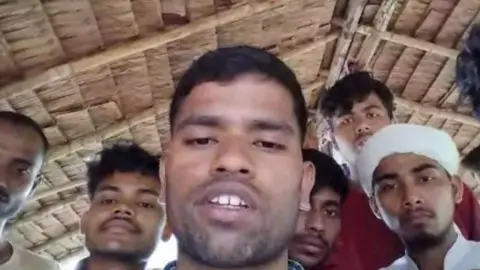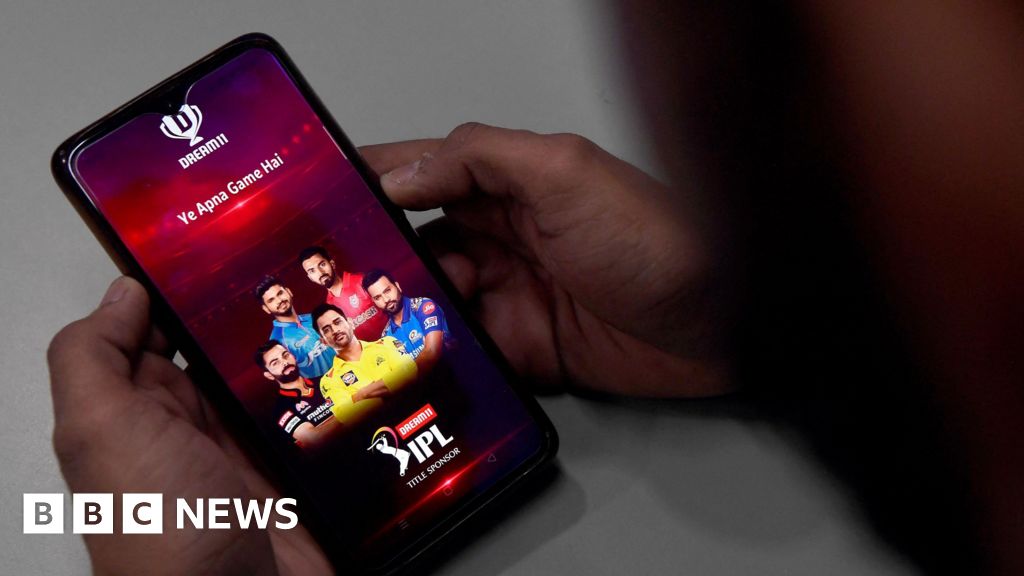Hundreds of devotees have converged in Dharamsala, India, to celebrate the Dalai Lama’s 90th birthday, with expectations that he might divulge details about his succession amid the ongoing political tension with China. His office has confirmed that he will share a video message and a statement, although no specifics have been provided.
Having fled Tibet for India in 1959 following a failed uprising against Chinese authority, the Dalai Lama established a government-in-exile and remains a vital figure for many Tibetans who oppose Beijing's control. The birthday celebration coincides with the commencement of the 15th Tibetan Religious Conference, which is set to start on Wednesday.
Celebrated in the company of more than 7,000 attendees, including prominent figures such as Hollywood actor Richard Gere, the Dalai Lama hinted at a forthcoming framework regarding the continuation of the Dalai Lama institution while leaving many questions unanswered. In previous remarks, he has been ambiguous about whether a successor will be named, suggesting possibilities as far-fetched as a female Dalai Lama, or opting for no successor altogether.
Although the Dalai Lama advocates for a "middle way" concerning Tibetan autonomy, Beijing condemns him, asserting that he is a separatist. The present Dalai Lama has vehemently stated that any successor must be born outside of China, an assertion that heightens tensions as the Chinese government seeks to control the narrative regarding his reincarnation.
Youdon Aukatsang, a parliament member in the Tibetan government-in-exile, expressed that while a clear proclamation is not expected, many hope for a form of clarity regarding the successor's identification. He acknowledged the influential role the Dalai Lama plays within the Tibetan movement and emphasized the community's need for recognition of someone as a successor to avoid a leadership vacuum after his tenure.
Should the Dalai Lama announce a successor, experts caution that China is likely to appoint its designated figure, challenging the legitimacy of such an announcement in the eyes of Tibetan people and the global community. Aukatsang noted that despite any façade of recognition from China regarding a "Chinese-recognized Dalai Lama," genuine reverence from the Tibetan people would remain absent.
Further illustrating the essence of Tibetan identity, Buddhists maintain that the reincarnation of a Dalai Lama is facilitated by Buddhist officials identifying someone who embodies the spirit of their predecessor. The current 14th Dalai Lama, born Lhamo Dhondub, was recognized at the tender age of two as the reincarnation of the previous Dalai Lama, an event he fondly recalls.
Moving forward, many remain hopeful for a return to Tibet and connected to their heritage, showcasing a unique intersection of faith and political aspirations. As the Dalai Lama marks a pivotal moment in his life, his community looks on with admiration whilst pondering the future of their spiritual leadership.
Having fled Tibet for India in 1959 following a failed uprising against Chinese authority, the Dalai Lama established a government-in-exile and remains a vital figure for many Tibetans who oppose Beijing's control. The birthday celebration coincides with the commencement of the 15th Tibetan Religious Conference, which is set to start on Wednesday.
Celebrated in the company of more than 7,000 attendees, including prominent figures such as Hollywood actor Richard Gere, the Dalai Lama hinted at a forthcoming framework regarding the continuation of the Dalai Lama institution while leaving many questions unanswered. In previous remarks, he has been ambiguous about whether a successor will be named, suggesting possibilities as far-fetched as a female Dalai Lama, or opting for no successor altogether.
Although the Dalai Lama advocates for a "middle way" concerning Tibetan autonomy, Beijing condemns him, asserting that he is a separatist. The present Dalai Lama has vehemently stated that any successor must be born outside of China, an assertion that heightens tensions as the Chinese government seeks to control the narrative regarding his reincarnation.
Youdon Aukatsang, a parliament member in the Tibetan government-in-exile, expressed that while a clear proclamation is not expected, many hope for a form of clarity regarding the successor's identification. He acknowledged the influential role the Dalai Lama plays within the Tibetan movement and emphasized the community's need for recognition of someone as a successor to avoid a leadership vacuum after his tenure.
Should the Dalai Lama announce a successor, experts caution that China is likely to appoint its designated figure, challenging the legitimacy of such an announcement in the eyes of Tibetan people and the global community. Aukatsang noted that despite any façade of recognition from China regarding a "Chinese-recognized Dalai Lama," genuine reverence from the Tibetan people would remain absent.
Further illustrating the essence of Tibetan identity, Buddhists maintain that the reincarnation of a Dalai Lama is facilitated by Buddhist officials identifying someone who embodies the spirit of their predecessor. The current 14th Dalai Lama, born Lhamo Dhondub, was recognized at the tender age of two as the reincarnation of the previous Dalai Lama, an event he fondly recalls.
Moving forward, many remain hopeful for a return to Tibet and connected to their heritage, showcasing a unique intersection of faith and political aspirations. As the Dalai Lama marks a pivotal moment in his life, his community looks on with admiration whilst pondering the future of their spiritual leadership.






















